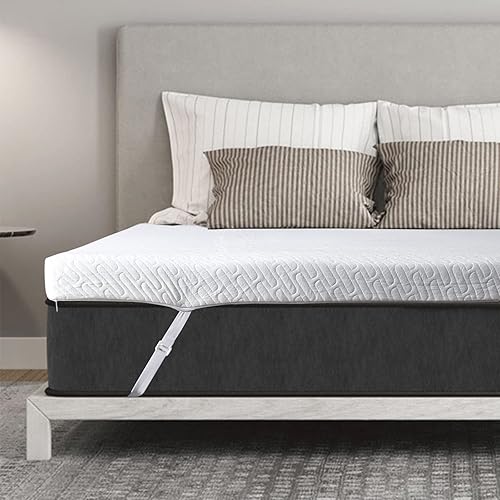JESSPOW 18500 Rechargeable Solar Batteries 3.2V,LiFePO4 Lithium 3.2 Volt 1000mAh Battery for Outdoor Lights Flashlight, Garden Solar Light Batteries, 4 Pack (Not AA Battery)









Buy Now, Pay Later
- – 4-month term
- – No impact on credit
- – Instant approval decision
- – Secure and straightforward checkout
Ready to go? Add this product to your cart and select a plan during checkout.
Payment plans are offered through our trusted finance partners Klarna, Affirm, Afterpay, Apple Pay, and PayTomorrow. No-credit-needed leasing options through Acima may also be available at checkout.
Learn more about financing & leasing here.
Selected Option
FREE 30-day refund/replacement
To qualify for a full refund, items must be returned in their original, unused condition. If an item is returned in a used, damaged, or materially different state, you may be granted a partial refund.
To initiate a return, please visit our Returns Center.
View our full returns policy here.
Recently Viewed
Style: 4 Pack Battery
Features
- ATTENTION:18500 3.2v rechargeable battery compatible with garden solar lights, landscape lighting, outdoor lights, flashlights, security system panels. Not AA Battery
- JESSPOW Battery :Our 18500 rechargeable batteries are made from high quality materials and more sophisticated processes to give your garden lights a brilliant glow, unlike other weak batteries on the market.
- Environmentally Friendly :It is super convenient to use and replace one-time-use battery to save environment by preventing the waste of non-rechargeable lithium 18500 battery.
- WEATHERPROOF SOLAR LIGHT BATTERY - The ingenious rechargeable 3.2v solar light battery can withstand extreme outside conditions and works well even from -40F to 120F, allowing your garden light to shine brightly in rain, snow and sunshine.
- CUSTOMER SERVICE - If you have any questions about the Product, please feel free to Contact us. I will give satisfactory service in the fastest time.
Number of Batteries: 4 Lithium Ion batteries required. (included)
Brand: JESSPOW
Battery Cell Composition: Lithium Ion
Battery Capacity: 1000 Milliamp Hours
Recommended Uses For Product: Camera
Product Dimensions: 1 x 1 x 0.4 inches
Item Weight: 4.2 ounces
Item model number: 18500 Rechargeable Solar Batteries 3.2V
Batteries: 4 Lithium Ion batteries required. (included)
Date First Available: September 5, 2023
Manufacturer: JESSPOW
Frequently asked questions
To initiate a return, please visit our Returns Center.
View our full returns policy here.
- Klarna Financing
- Affirm Pay in 4
- Affirm Financing
- Afterpay Financing
- PayTomorrow Financing
- Financing through Apple Pay
Learn more about financing & leasing here.

























